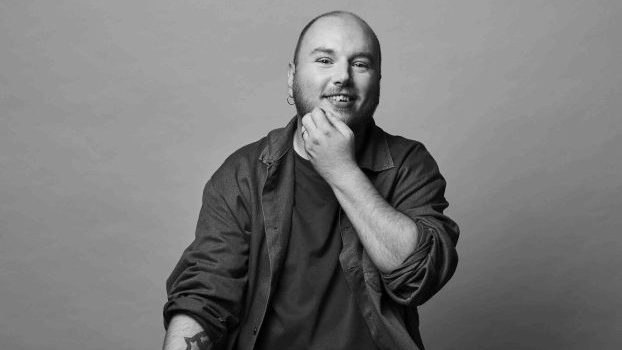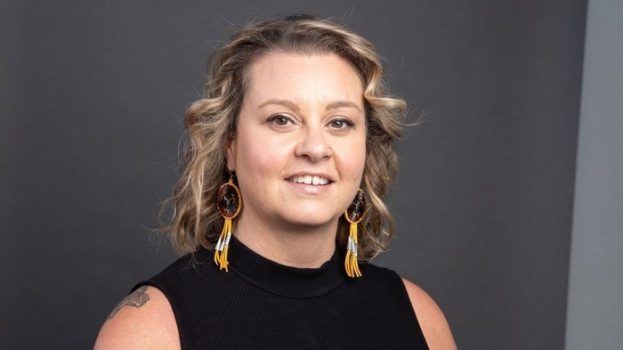Canadians are less content about their lives than they were a year ago, according to data released as part of Leo Burnett Toronto’s latest HumanKind study – and confronted with mounting crises, they expect more from all institutions, but especially brands, to address societal ills.
The 2023 edition of the study aims to provide brands with a meaningful snapshot of the concerns consumers have today, as well as insight into how such concerns can be addressed in mutually advantageous ways. Perhaps its most staggering finding is that overall contentment among Canadians has sharply declined in the year since the previous report, with only 29% of Canadians reporting feeling “somewhat to completely content” with their lives.
“This year, the dust has settled a bit and the real impact of the traumatic events of the pandemic has registered with people,” explains Tahir Ahmad, chief strategy officer at Leo Burnett Canada. “What they’re digging themselves out of has really started to take a toll on their overall feelings of happiness in their lives.”
A number of issues are spotlighted in the study, from financial and environmental concerns to the impact of social media and access to and quality of healthcare. Though Canadians have plenty of anxieties, the good news for all institutions – and most especially for brands – is that their expectations for such entities to take a key role in resolving the crises, which represents strong opportunities for brands and marketers who are ready to move, even if 82% of respondents were unsure or didn’t believe brands have a clear understanding of their concerns.
“What we saw was a really encouraging sign between last year and this year is an increase in Canadians’ expectations of longstanding institutions to be part of the solution,” Ahmad says. Canadians were asked about their expectations for government, employers, the media, and NGOs as well as brands, which saw expectations nearly double – the most significant jump among the groups, with government and NGOs trailing.
This is, in part, because “there is now an understanding that in a lot of ways, brands are part of the problem,” Ahmad explains. This is especially true when discussing environmental crises, where brands are seen as the biggest offenders.
But there’s also a sense that a big part of the problem can be a big part of the solution, he adds. “It’s about how brands can use their might and resources.”
“People are looking at brands and how they’re using their media and what types of products and experiences they’re providing,” Ahmad elaborates. “In the case of the environment, how transparent are they being, and are they really committing to creating bigger, sustainable shifts within their operations? Are they offering more eco-friendly products to make them easier to buy? People recognize that on the front line, certainly, brands have a bigger role to play.”
This is also true when it comes to mental health and financial issues. For instance, there is an expectation that brands deliver for their employees on issues they purport to be passionate about externally, be it offering them proper mental health supports – beyond just policies and programs – or delivering more equitable pay alongside the improvement of representation for women and BIPOC on boards and in the C suite.
“Those things are seen as the table stakes, frankly,” Ahmad explains. “Canadians want to see what brands are doing beyond that.”
This doesn’t mean that brands have to be perfect – simply more honest and transparent.
“There’s more of an emphasis for Canadians on educating themselves, and then looking for brands that are more open about what they’re doing. We heard that a lot, and we also heard that it doesn’t always have to be a success story. Part of the journey is the steps taken along the way, and sometimes you do take a step back,” Ahmad says. “People want brands to reflect more of a reality. They want to feel that the little bit they’re doing can have an impact, and they expect the same from brands. They don’t expect those brands to fix things overnight. It’s about doing the little things and achieving the bigger wins along the way.”
The study surveyed more than 4,100 Canadians aged 18 and over across all provinces, between June and October 2022. The full report can be downloaded here.
























